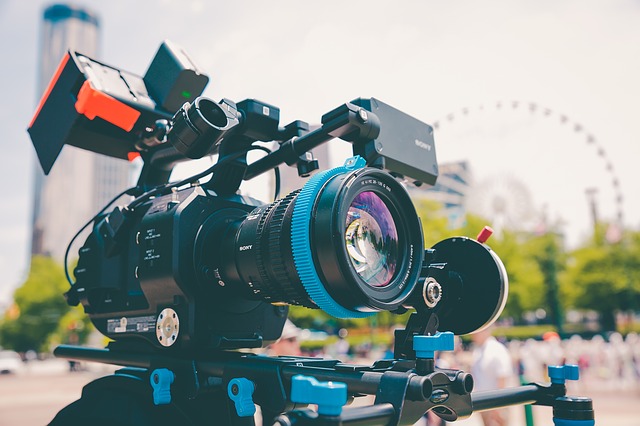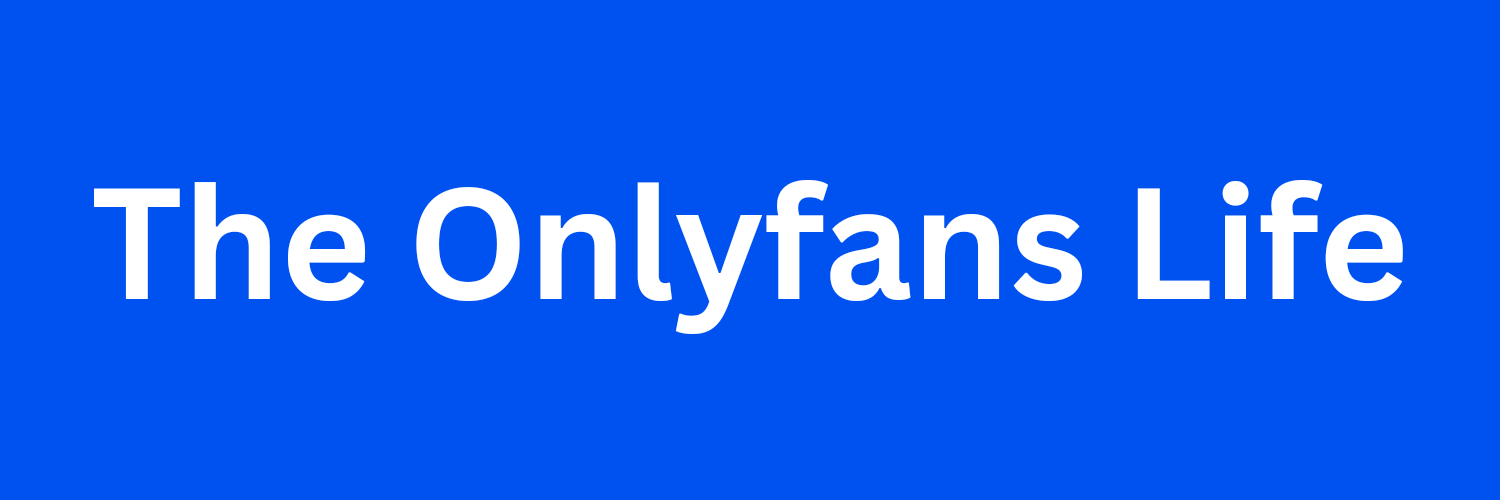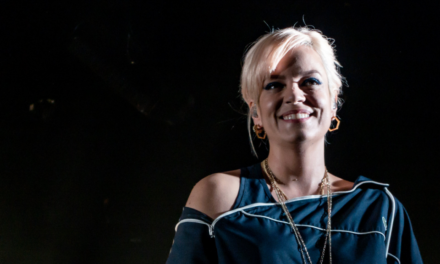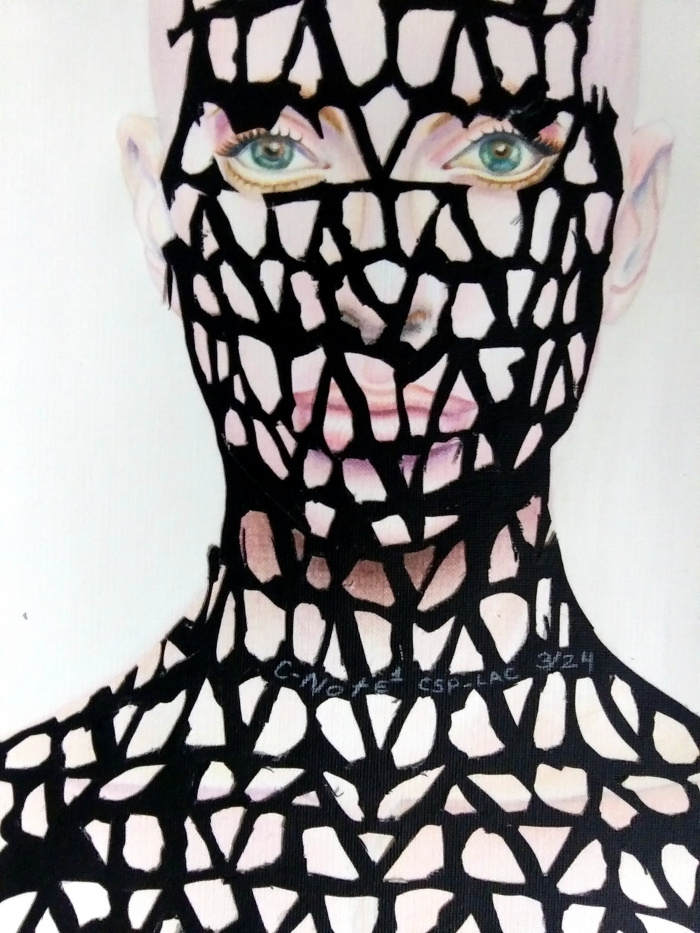
A child exploitation investigator has raised concerns about multiple accounts on the adult content platform OnlyFans, identifying 26 accounts suspected of hosting sexual content involving underage girls. Matt W.J. Richardson, the head of intelligence at The Canadian Open Source Intelligence Centre, reported the accounts to authorities on December 16, according to a Reuters report.
Richardson, in an interview with Reuters, described the situation as “alarming,” citing the number of accounts and the apparent involvement of multiple individuals he believed to be underage. Following his report, the flagged accounts were taken down within 24 hours, Richardson confirmed. He had submitted the reports to the National Center for Missing & Exploited Children (NCMEC), a U.S.-based organization that handles tips related to child sexual abuse material (CSAM), as noted in the news report.
In response to inquiries from Reuters, an OnlyFans spokesperson reiterated the platform’s “zero tolerance approach” to child sexual abuse material. They highlighted the company’s stringent onboarding procedures, which require identity verification to confirm creators are at least 18 years old. The spokesperson also noted that OnlyFans collaborates closely with the National Center for Missing & Exploited Children (NCMEC) to investigate any reports it receives. However, she declined to explain why the 26 accounts were taken down only after Richardson reported them.
OnlyFans’ Ongoing Concerns Over Child Exploitation
Onlyfans was reported to “transform the online porn (industry)” and was labelled to “shift power back to performers”. Moreover, it is hugely a part of the creator economy.
Amateur and professional sex workers drove OnlyFans’ early growth, significantly boosting the trend during the COVID-19 pandemic and the resulting economic downturn. Between March and April of 2020, the platform’s user and creator base surged by 75%.
Since 2019, OnlyFans has required a selfie headshot along with an ID photo as part of its account verification process. However, the platform has faced criticism from UK police for not doing enough to protect children.
Following increased criticism of OnlyFans over concerns about child sexual abuse material, the company announced on August 19, 2021, that it would ban sexually explicit content starting October 1, 2021. This change was implemented through an update to its Terms of Service, although the company did not explicitly ban nudity.
The announcement sparked significant backlash from both creators and users of the platform. OnlyFans reversed its decision just six days later, announcing that it would continue allowing adult content on the site after securing the necessary assurances.
A 2020 BBC Three documentary alleged that underage individuals owned one-third of Twitter profiles globally advertising ‘nudes4sale,’ with many using OnlyFans to share explicit content.
Moreover, Reuters reported 30 complaints between December 2019 and June 2024 involving over 200 explicit videos and images of children, some of which allegedly remained on the platform for over a year.
Go Deeper – Pornhub Halts Operations in 13th U.S. State Amid Age Verification Law
Last week, Pornhub’s parent company, Aylo (formerly MindGeek), announced that it would block access to its site in Florida rather than comply with a new state law mandating age verification for accessing pornographic platforms, which takes effect on January 1, 2025.
The Florida Legislature passed the legislation, known as HB 3, in March. Subsequently, a trade association for the adult entertainment industry filed a federal lawsuit seeking to overturn the law.
Pornhub has already restricted access in 12 other US states, including Arkansas, Idaho, Indiana, Kansas, Kentucky, Louisiana, Montana, Mississippi, Nebraska, North Carolina, Texas, and Virginia. Users in these states attempting to visit the site encounter a message stating, “403 – This state is not whitelisted.”
HB3 by Florida
HB 3, also known as the ‘Online Protections for Minors’ law, mandates that social media platforms prevent certain minors from creating new accounts and require them to terminate specific accounts. It also establishes conditions under which platforms must block minors from entering into contracts to become account holders. Moreover, the law authorizes the Department of Legal Affairs to take legal action under the Florida Deceptive and Unfair Trade Practices Act for violations, and grants the department the power to issue and enforce civil investigative demands in certain cases.
How do you define porn?
However, banning pornography outright is a complex legal issue. To achieve this, both Congress and the Supreme Court will have to redefine what constitutes pornography.
In 1973, the Supreme Court made a ruling in a case called Miller v. California, where it set up a test to decide what counts as “obscene” material. This test looks at whether something:
- Appeals to people’s sexual interests in a way that goes against local community standards.
- Shows sexual acts in an offensive way.
- Lacks real value, such as artistic, scientific, or educational significance (for example, people generally do not consider erotic art, including “classic nude forms” like Michelangelo’s David statue, obscene).
Then, in 1985, the Court clarified that it would ban material only if it went beyond what people considered “normal, healthy sexual desires.”
Ultimately, the Supreme Court determines what qualifies as “obscene” and, therefore, not protected under the First Amendment.
Read More:
Support our journalism:
For You
This post was originally published on this site be sure to check out more of their content.






